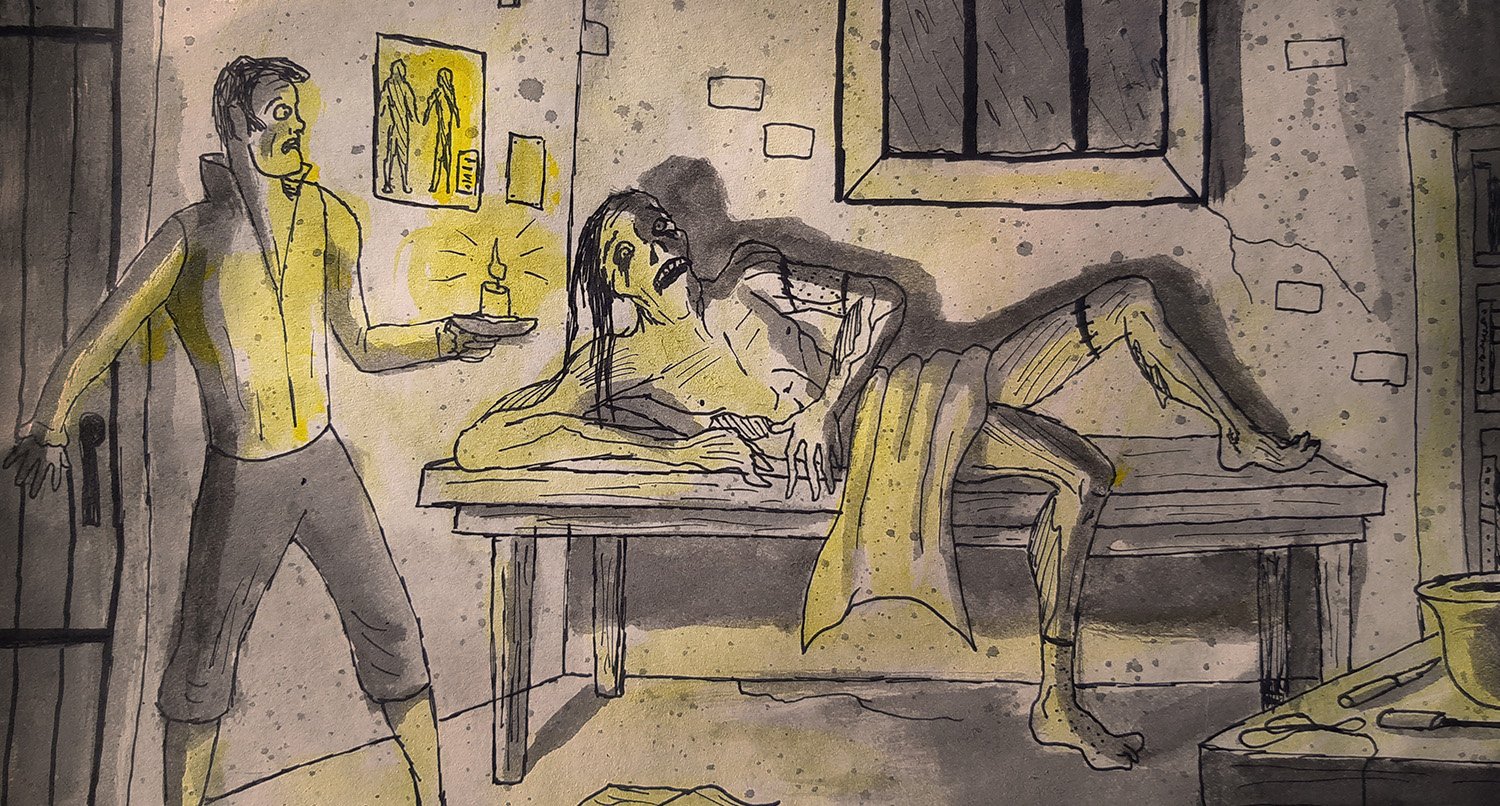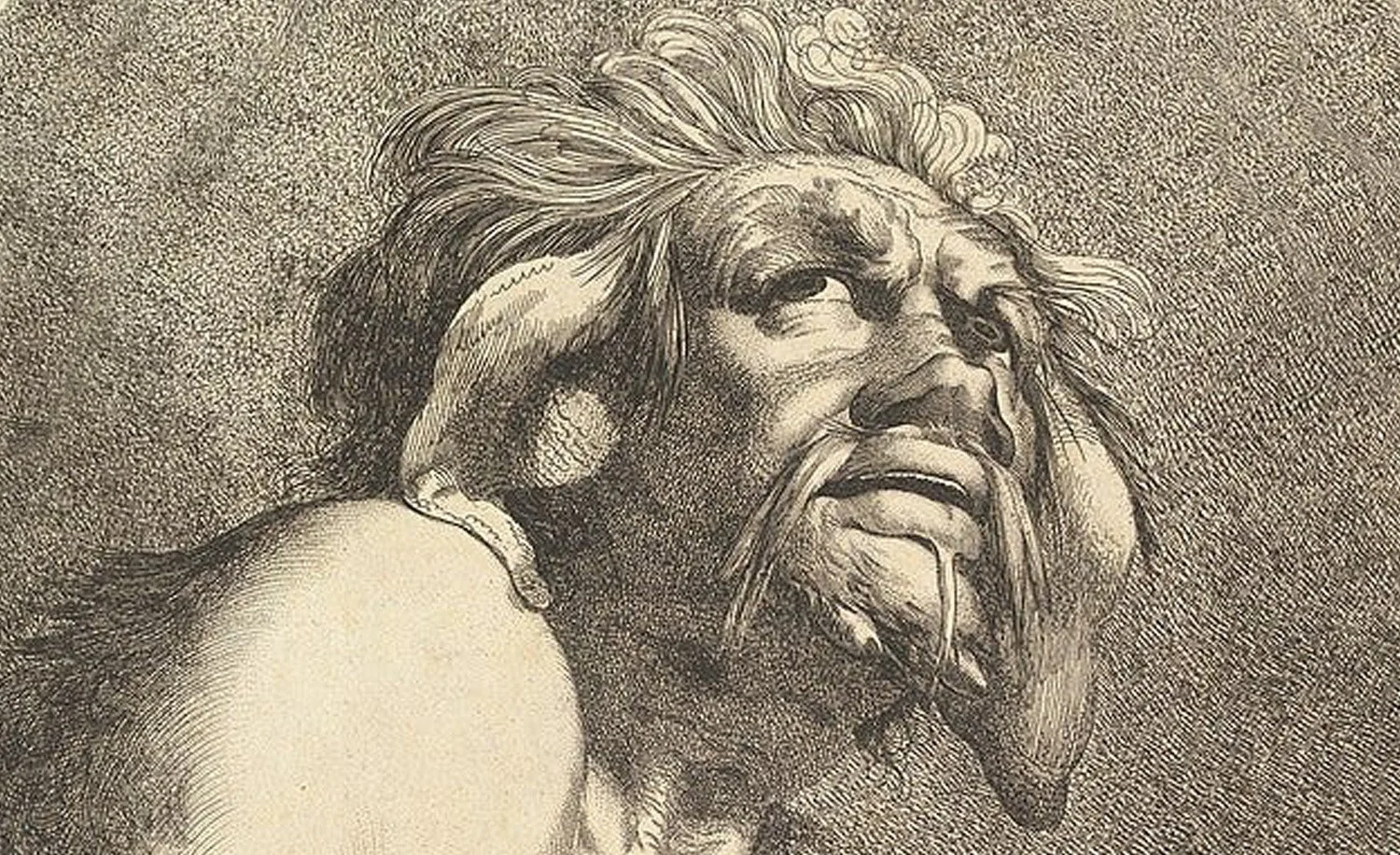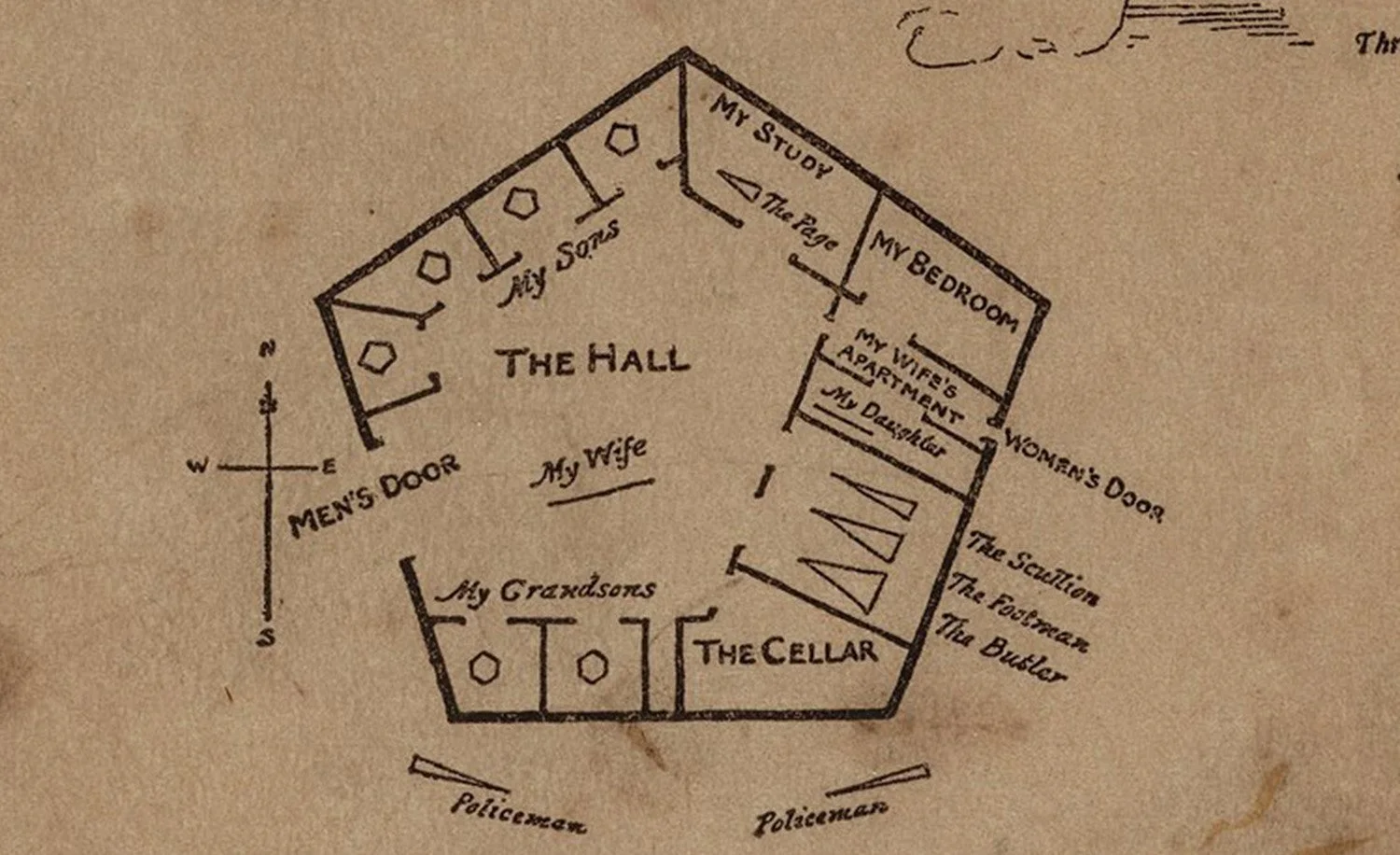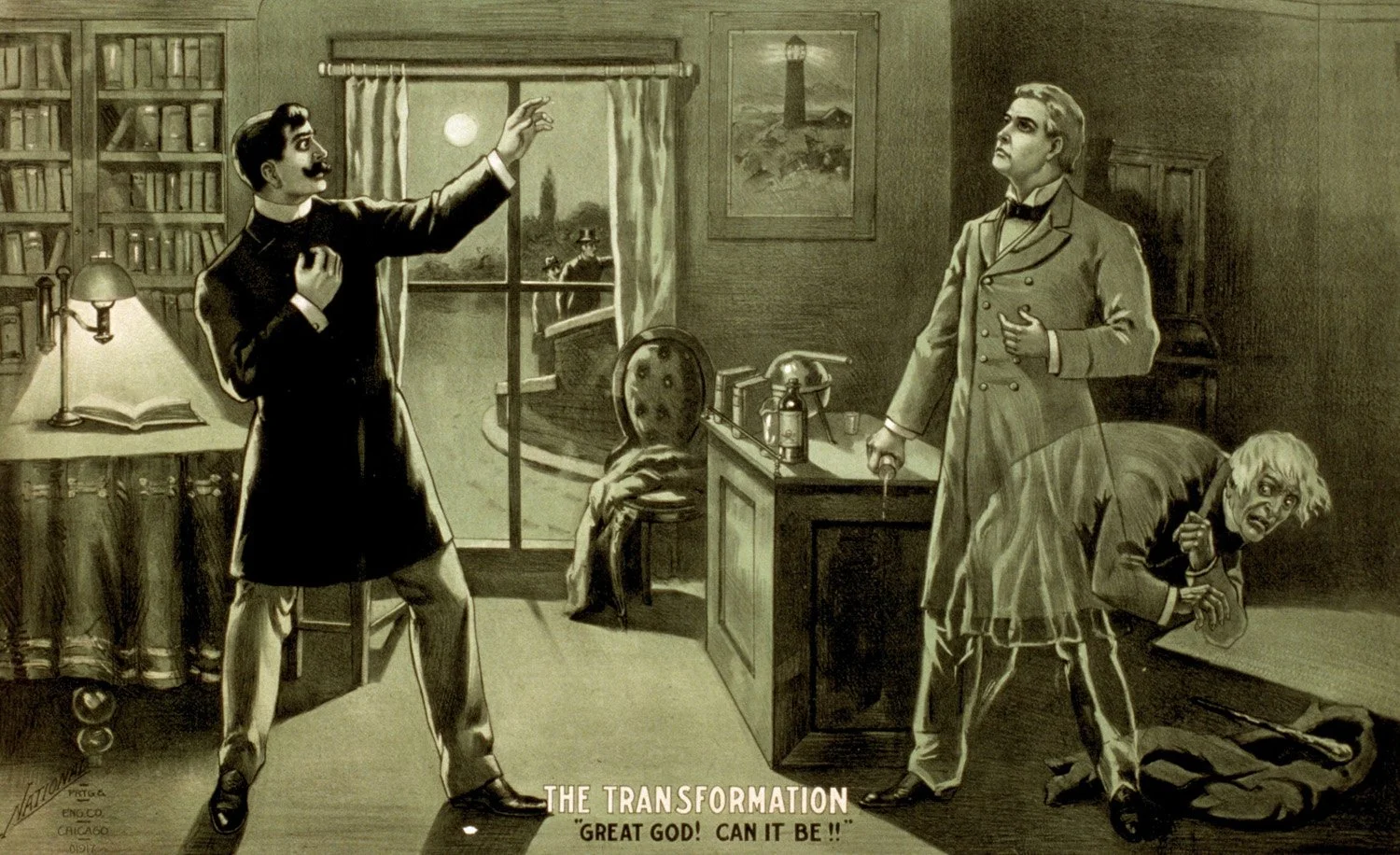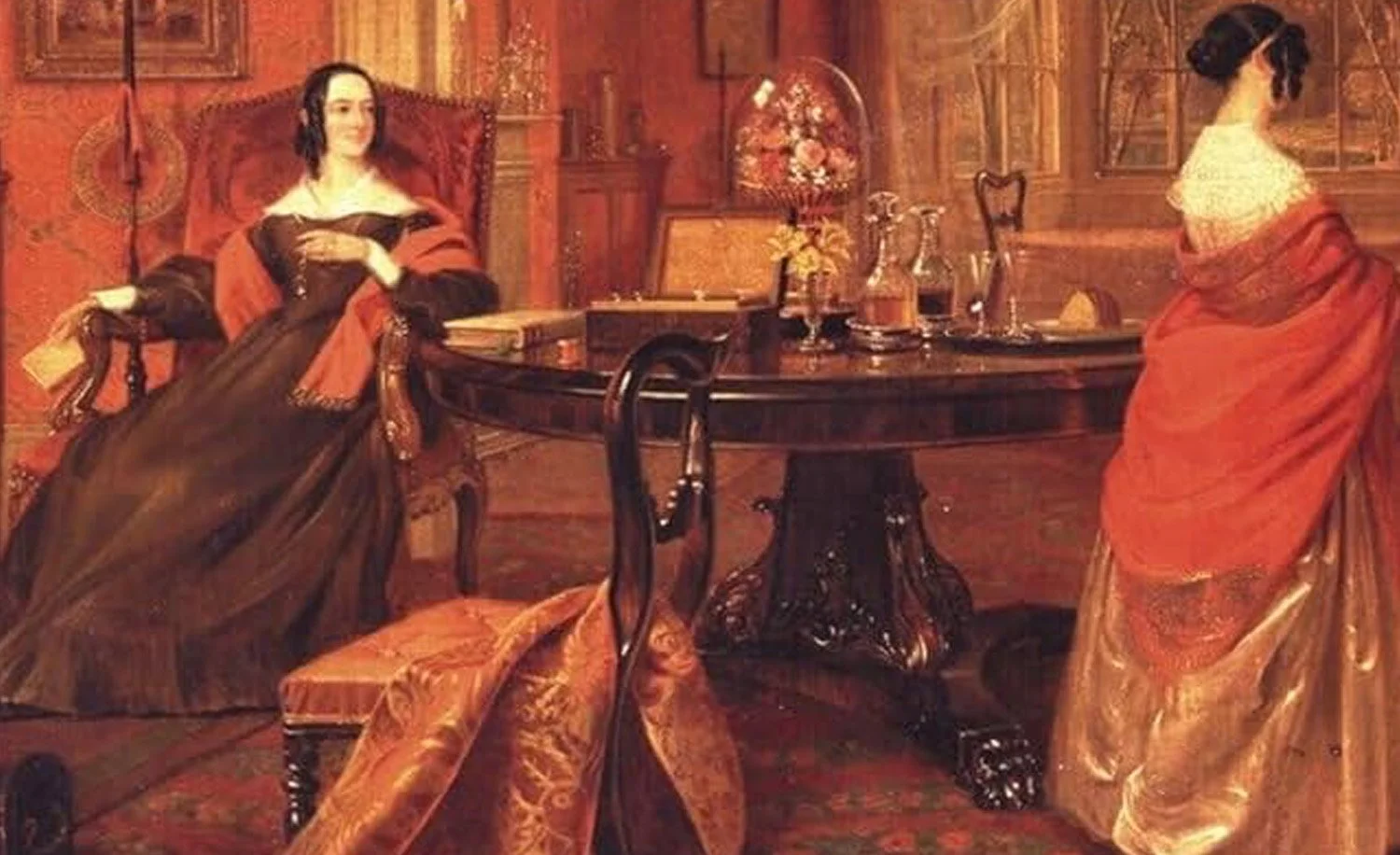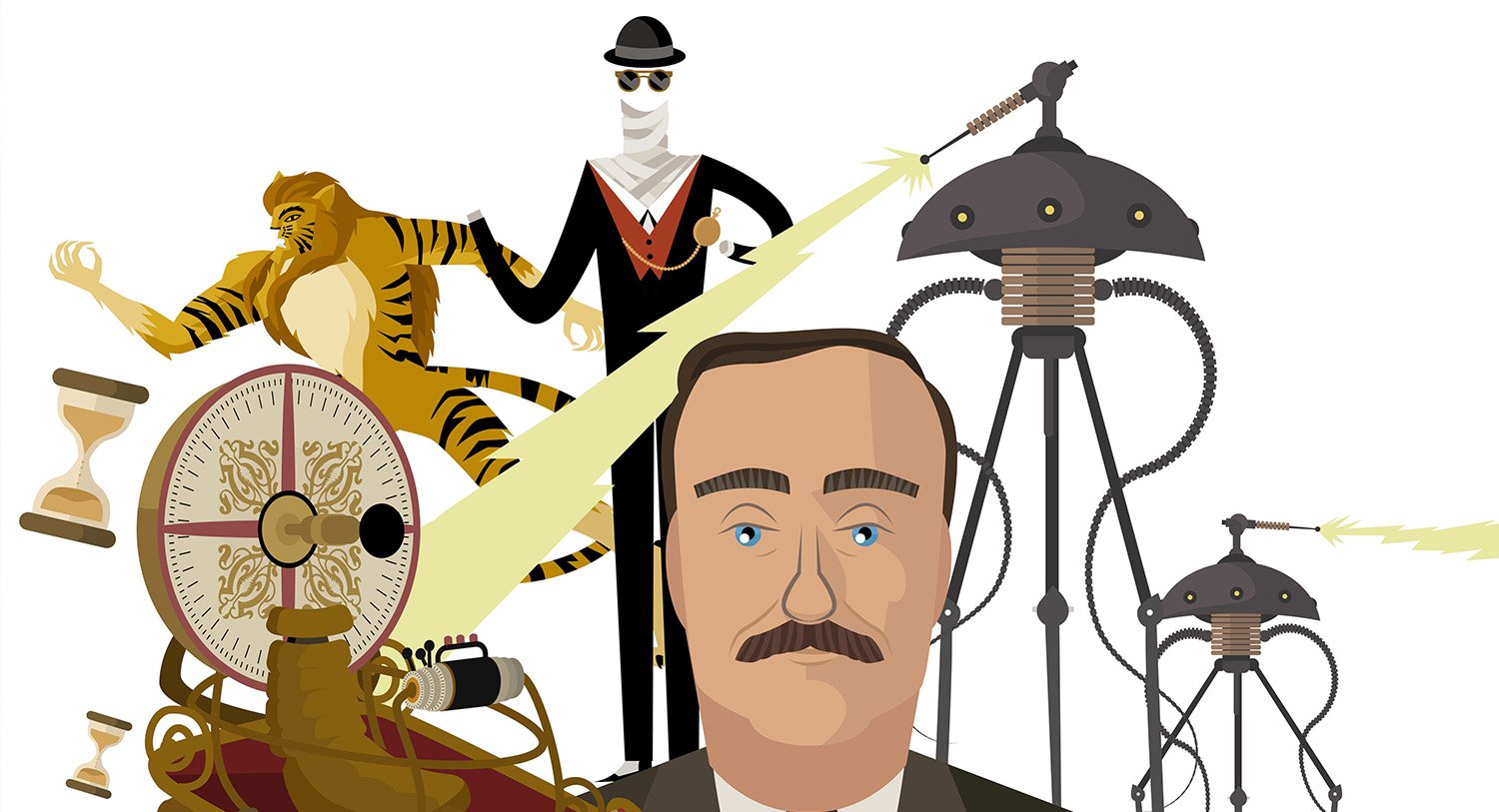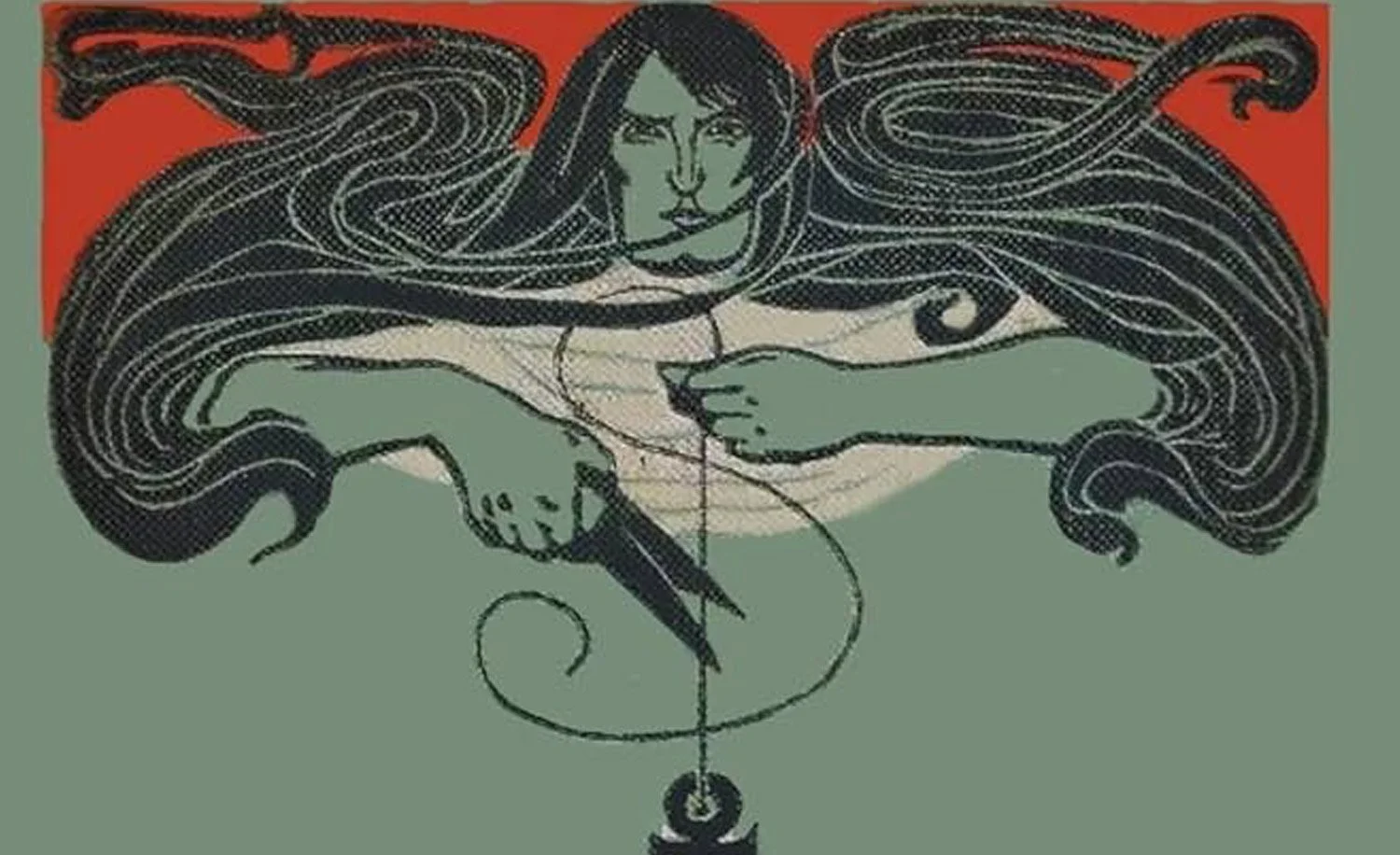Science and Literature of the 19th Century Introduction
This course will study the impact of science on nineteenth-century literature and in particular the development of science fiction as a genre, with emphasis on the epoch-making works of H. G. Wells. We will examine the ways in which science posed a challenge to literature and called into question the very notion of artistic truth.
Read More
Frankenstein
Paul Cantor analyzes and explains Mary Shelley’s Frankenstein in this lecture series on 19th century Literature and Science. Lectures
Read More
Tennyson's In Memoriam
Paul Cantor analyzes and explains Tennyson's In Memoriam in this lecture series from Science and Literature course. Lecture
Read More
Darwin's Origin of Species Lectures
Paul Cantor analyzes and explains Darwin’s Origin of Species in this lecture series. Lecture
Read More
Robert Browning Caliban upon Setebos
Paul Cantor analyzes and explains Robert Browning’s Caliban upon Setebos in this lecture series from Science and Literature course. Lecture
Read More
Edwin Abbott's Flatland
Paul Cantor analyzes and explains Edwin Abbott's Flatland in this lecture series from Science and Literature course. Lecture
Read More
Strange Case of Dr Jekyll and Mr Hyde
Paul Cantor analyzes and explains Strange Case of Dr Jekyll and Mr Hyde in this lecture series from Science and Literature course. Lecture
Read More
Elizabeth Gaskell Wives & Daughters
Paul Cantor analyzes and explains Elizabeth Gaskell’s Wives & Daughters in this lecture series from Science and Literature course. Lecture
Read More
H.G. Wells's The Time Machine Lectures
Paul Cantor analyzes and explains H.G. Wells’s The Time Machine in this lecture series on 19th century Literature and Science. Lecture
Read More
H.G. Wells's Island of Dr. Moreau Lectures
Paul Cantor analyzes and explains H.G. Wells’s Island of Dr. Moreau in this lecture series on 19th century Literature and Science. Lecture
Read More
H.G. Wells's The War of the Worlds Lectures
Paul Cantor analyzes and explains H.G. Wells’s The War of the Worlds in this lecture series on 19th century Literature and Science. Lecture
Read More
Joseph Conrad The Secret Agent
Paul Cantor analyzes and explains Joseph Conrad’s The Secret Agent in this lecture series from Science and Literature course. Lecture
Read More
The Invisible Man and the Invisible Hand: H.G. Wells’s Critique of Capitalism
The Invisible Man provides a vehicle for exploring a larger set of economic and political problems that preoccupied him throughout his career. Essay
Read More
Macbeth of Meth
Breaking Bad and the tragedy of Walter White. Essay
Read More
Can TV Be High Art
If Shakespeare were alive today, would he write for television? Cantor and Kristol discuss the medium of TV. Paul Cantor explains what can we learn about contemporary America from our popular TV shows. Conversation
Read More
Pro Wrestling and the End of History
The state of professional wrestling today thus provides clues as to what living at the end of history means. It suggests how a large segment of American society is trying to cope with the emotional letdown that followed upon the triumph of capitalism and liberal democracy. Essay
Read More
Mars Attacks!: Burton, Tocqueville, and the Self-Organizing Power of the American People
Tim Burton’s Mars Attacks! comically subverts the ideology of the standard American flying saucer movies of the 1950s. They celebrated the federal government as the American people’s savior, portraying a military-scientific elite dealing effectively with extraterrestrial threats to the US. Burton’s film debunks elites and suggests that a motley assortment of ordinary people would be more successful in dealing with an invasion from Mars. Chapter 4
Read More
Maverick Creators and Maverick Heroes
The introduction to Part Two of The Invisible Hand in Popular Culture, “Maverick Creators and Maverick Heroes” Introduction
Read More
Order Out of the Mud: Deadwood and the State of Nature
This chapter analyzes the television series Deadwood in terms of the philosophical concept of the state of nature. The show raises the question of whether a community should be ordered from the top down or from the bottom up. Deadwood goes to the heart of the central issue of the Western: is it possible to have order without law? Chapter 3
Read More
The Original Frontier
This chapter shows that Gene Roddenberry’s experience writing for the television Western Have Gun—Will Travel introduced him to many of the motifs and themes he later developed in Star Trek. It thus provides a case study of the hidden connections between the Western and science fiction. It also uncovers the tension between elites and common people in the mythology of the Western. Chapter 2
Read More



